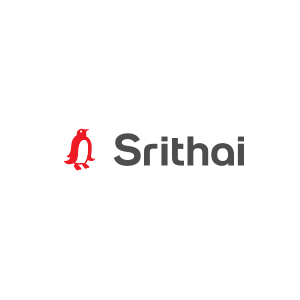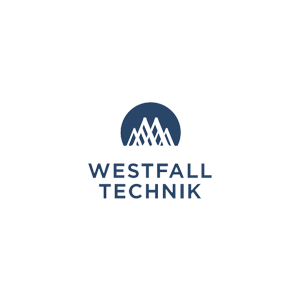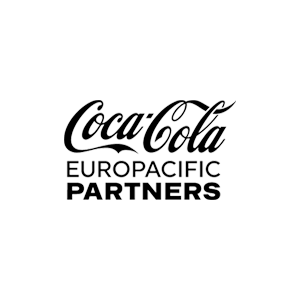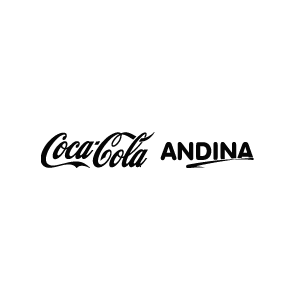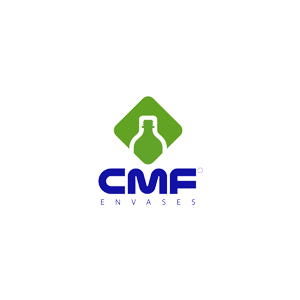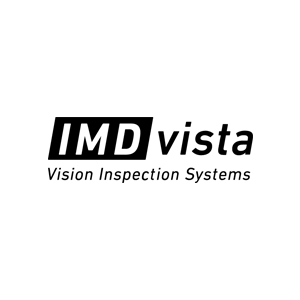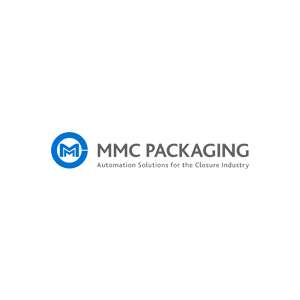Our Licensee Plastech Autosafe
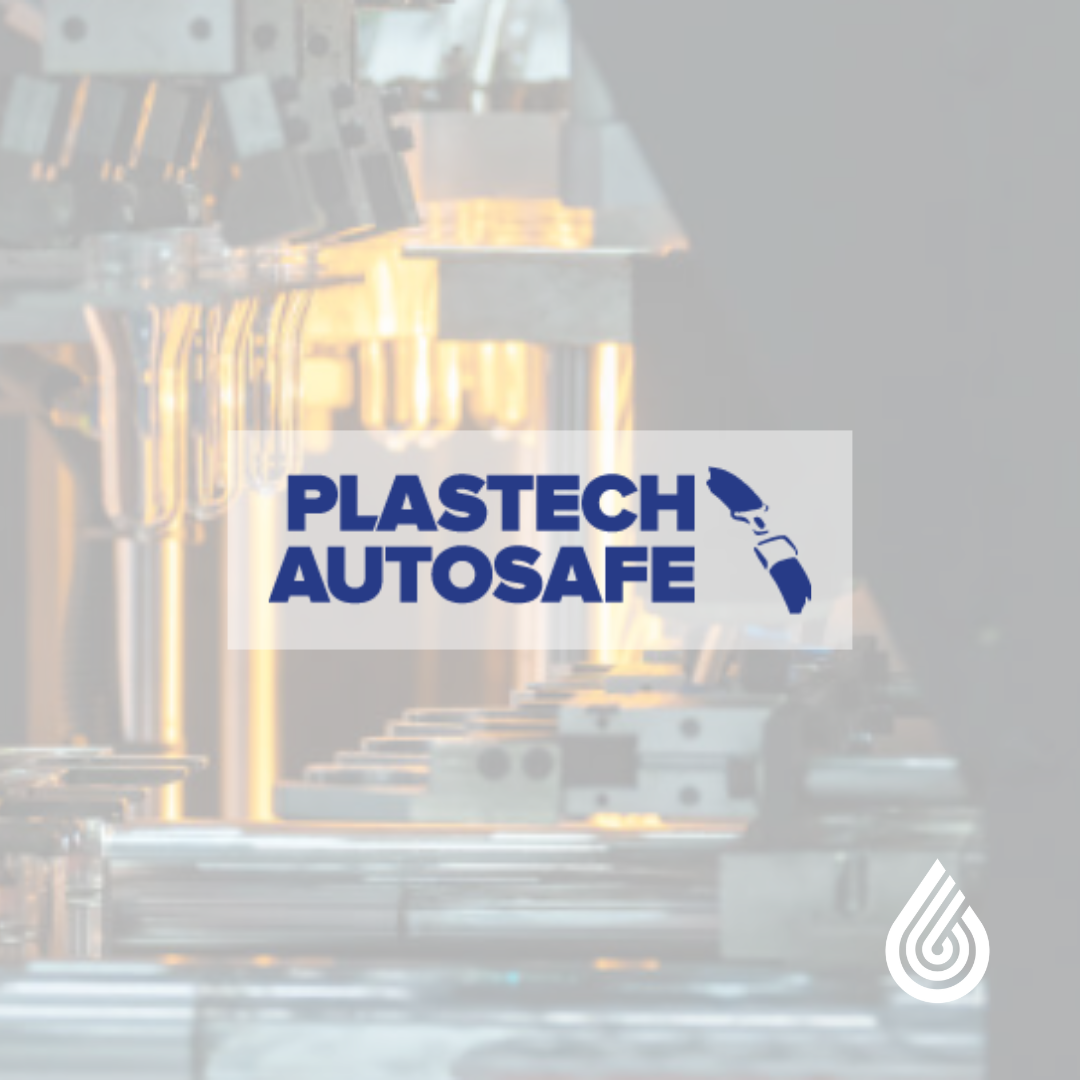
Plastech Autosafe Pvt. Ltd. (PAS) is a socially responsible, environmentally conscientious, technology oriented engineering company. Our journey started in 1991 as we became the first company in Pakistan to manufacture seat belts under a Technology Transfer agreement with Autoliv Inc. The sponsor and owner of Plastech Autosafe played a key role in legislation that mandated installation and use of seat belts in Pakistan.
In 2012, Plastech Autosafe again played a pioneering role in changing the direction of the plastic closure industry for carbonated soft drinks in Pakistan. At that time all manufacturers offered only two piece closures with liner weighing 3.4 grams over the proceeding 15 years since 2012. Two piece closures are not recyclable due to the addition of the liner in the production process and were much heavier than the latest closures available. Plastech Autosafe was the first closure manufacturer in Pakistan to introduce 2.4 gram single piece closure designed by UK based Universal Closures Limited which completely changed the direction of the industry in Pakistan. Customers were offered a lower cost alternative with better performance, a lighter closure which saved on plastic use and which was 100% post consumer recyclable due to the single piece nature of its design. Within one year, every closure manufacturer in Pakistan had re-tooled to introduce a 2.4 gram single piece closure.
Since 2012 due to Plastech Autosafe’s lead in changing the industry, over 50,000 Metric Tons of plastic has been saved.
Plastech Autosafe now wishes to repeat the pioneering move it made in 2012 and become the first closure manufacturer to introduce a light weight 2.1 gram closure which will be Post Consumer Recycled resin-use ready in Pakistan. This new closure will also be more environmentally friendly and enable saving on plastic use of 2000 Metric Tons over 5 years. In a country like Pakistan where energy is expensive our objective to using energy efficient tooling and machinery from Austria will lead to upwards of 1.2 million KwH saved. We are also exploring possibilities of taking this package to MENA .
Huge importance is also laid on HSE, Plastech Autosafe was the first company in Pakistan to obtain ISO-45001 to prioritise worker health and safety and developing a culture of social responsibility amongst team members. Plastech Autosafe is also ISO-14000 certified to ensure environmental safety and responsibility amongst the organisation, all its stakeholders and team members. Implementation and execution of these international standards require vision, policy drive and consistent oversight from the highest level of Plastech Autosafe’s management and is a testament to their commitment to the important values of today.
Plastech Autosafe has demonstrated itself to be a company committed to reducing plastic use, a vision to use recycled plastic resin whilst giving its customer products that are of the highest quality made using the latest and best in class tooling and machinery. Plastech Autosafe is committed to being an environmentally responsible company in the packaging industry constantly engaged in ideas to reduce its environmental footprint. This track record started with the core idea of being socially responsible engineering company in 1991 as well as environmentally responsible over 10 years ago in 2012 with the first ever introduction of single piece UCL closures in Pakistan.
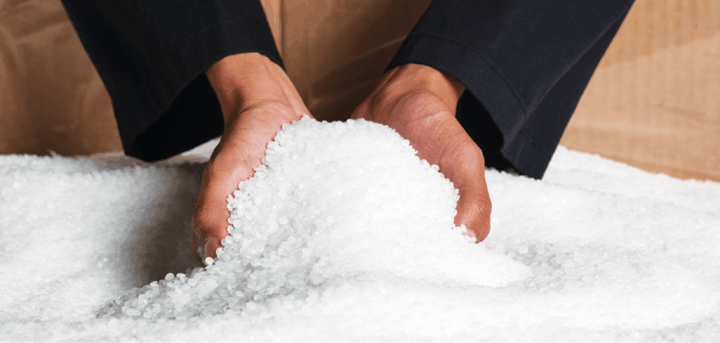
Advancing the circular economy for plastics requires transformation across the recycling system, from collection all the way to expansion of end-use markets. One of the biggest challenges facing the plastics recycling industry today is separating all of the various polymers entering the recycling stream.
Several steps throughout the supply chain play a role in the success of this separation, starting with the design of the package to consumers correctly placing items in the appropriate recycling bins to the capabilities of material recovery facilities and ultimately the actual plastics recycling plants. Each step in the supply chain is critical to generating usable feedstock for recycling.
Inseparable materials limit recycling
High-density polyethylene (HDPE) is one of the most commonly used and recycled plastics today. However, within the recycled HDPE stream, polypropylene (PP) contamination is a significant problem.
The specific challenge that PP presents for HDPE recycling is that globally, the primary method to separate plastics is by density using a sink-float process—both HDPE and PP float. When PP levels exceed approximately 10 percent in the recovered stream, the resulting recyclate becomes brittle and might not be able meet the physical demands of many applications, including blow molding and pipe. These bales generally either are downcycled to lower-value applications or landfilled. To maximize the quality of the HDPE recycling stream, reduce PP contamination and not compromise end markets, ideally the full package—the closure and the container—would be made from HDPE.
Blow-molded HDPE containers use PP closures, which have been preferred because of legacy closure designs, materials and molding technologies. Blow-molded HDPE containers are well-suited for a variety of liquids; common products in this format include shampoo, detergent bottles, automotive oils, juices and milk. However, these HDPE containers have been lightweighted significantly, while the closures have not, resulting in a greater proportion of PP to HDPE by weight.
Fortunately, new technology has been developed that enables HDPE to replace PP closures, meeting the package performance requirements on HDPE bottles while delivering a more recyclable total package.
The value of monomaterial packaging
Using HDPE instead of PP or alternative materials to make the closures on HDPE blow-molded containers provides two sustainability benefits and sets the stage for improved circularity:
The U.S. has robust recycling infrastructure for HDPE bottles, which provides the framework for a sizable supply of recycled HDPE (rHDPE), including food-contact options. The volume currently available, coupled with the potential growth of rHDPE, should provide a large and reliable stream to use in HDPE closures. By moving to HDPE in the closure, a true circular economy can be achieved as both the closure and the container can be recycled and returned for use in the same package.
Advancements enable the monomaterial capped container
Advancements across the value chain, from materials to molding technologies and designs, enable a new future where HDPE is well-suited for caps on blow-molded bottles.
Materials: On the material side, advanced HDPE resin designs and formulations provide performance characteristics that enable this leap forward in packaging sustainability. Modern resins provide exceptional environmental stress-crack resistance (ESCR) and creep-resistance performance, with bimodal resins showing the most improvement. This combination of properties not only enables the usage of HDPE in these closures but also allows for developing lighter parts that deliver on the application’s needs while also minimizing material consumption, reducing the carbon footprint as well.
In addition, HDPE designed for recycling is better positioned to support circularity. Mechanical recycling involves re-extrusion of the shredded, recovered plastics, which introduces additional heat and shear. This rigorous process can degrade the properties of the plastic. While the HDPE resins of the past only had to consider a single use, modern HDPE resins with their robust ESCR and creep resistance are more capable of incorporating higher quantities of degraded recycled content while still delivering a product that performs as well as closures made with 100 percent virgin resin.
In addition to success in converting traditional PP closures to HDPE, innovations in mold design and molding have leveraged the advantages of modern HDPE.
Thoughtful formulation of stabilizing additives further minimizes the effects of the recycled content. This allows for even higher levels of recycled content by boosting the quality of the recycling stream. Although high levels of antioxidants can be loaded into HDPE to compensate for degradation, this is not a long-term solution. Food and Drug Administration limits include active and degraded additives, and advanced additive formulations ensure the longest possible circular life of plastic while meeting regulatory limits. Through this forward thinking in design, modern HDPE is well-positioned to support a more sustainable future.
Molds and mold technology: In addition to success in converting traditional PP closures to HDPE, innovations in mold design and molding have leveraged the advantages of modern HDPE to push the limits of closures. By designing molds with the intent to accommodate for the ESCR properties of HDPE and rHDPE, a higher level of recycled content can be added successfully. The latest hot runner technology—the system that delivers the resin from the extruder to the mold—moderates resin temperature through the runner system and has been highly successful, enabling not only conversion from PP to HDPE but achievement of HDPE closures with 100 percent recycled content.
Mold designers also have succeeded in leveraging the advanced material formulations to optimize wall section and hinge performance to achieve lighter parts without a sacrifice in key performance requirements. Thoughtful use of the favorable molding characteristics of HDPE also has enabled easier demolding and simplified tool design.
Advancements in mold technologies also have benefited the carbonated soft drink segment, which often uses two-piece, mixed-material closures. Sophisticated designers have used the relative flexibility of HDPE to enable higher- performance sealing systems into robust and often groundbreaking single-piece closures. These closures reduce contamination in the HDPE stream, resulting in higher-quality recyclate overall.
An integrated Design
The goal of a monomaterial package is full recyclability. To truly close the loop and advance the circular economy, we must be able to use all the recyclate from these packages. Integration across the value chain allows the brands to design their parts with the materials in mind—both HDPE and rHDPE.
Technological innovations in resin, design and molding mean brand owners no longer need to choose between functional parts for their products and optimizing materials for the HDPE recycling stream. HDPE can be used for blow-molded container closures and is the right material for a sustainable future.
Allison Lin is the vice president of procurement and sustainability at Las Vegas-based Westfall Technik. Sandra Lewis is the director of sales at Westfall Technik. Brant Wunderlich is the caps and closures market manager at Nova Chemicals, headquartered in Calgary, Alberta. Mark Smith is the technical director at U.K.-based Universal Closures Ltd.

UCL will be joined by z-moulds and Coca-Cola Amatil in presenting at this year’s event, which will take place on 3-5 June at the Hilton Hotel in Barcelona. Once again this event will bring together leading industry professionals and experts.
Our talk will be focused on development journey of our 3-piece sports closure through to commercial production. Providing insight into the opportunities that initiated the project, the challenges encountered along the way and the synergies between the key stakeholders, you will get a unique view into what it takes to deliver world class closures solutions.
In addition to presentations from many leading industry experts, the show is a fantastic opportunity to network and discuss the evolving caps and closures industry. We look forward to seeing you at the show.
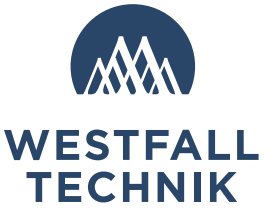
The team at Westfall Technik bring a wealth of industry expertise to complement their high levels of energy, professionalism and commitment to the customer. They are building a world-class group of plastics experts and combining the synergies of each to provide optimum engineered solutions throughout the plastics manufacturing process. To find out more, please visit www.westfall-technik.com



